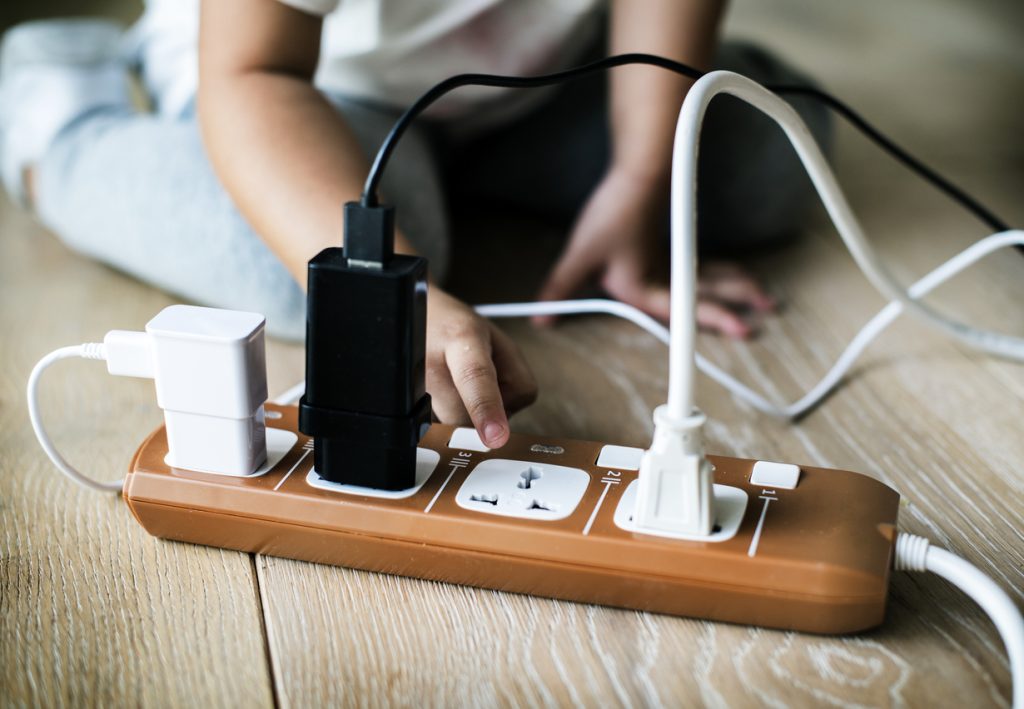It’s easy to blame rising energy costs on inflation, humidity, and extreme weather. Many of us, however, are unaware that our lifestyle habits may also contribute to a rise in electricity bills. Here are some bad habits that increase your electric bill.
1. Leaving All the Lights on in Your House
This is one of the most obvious energy-wasting habits, and it’s also one of the easiest to rectify. Simply turning off the lights when you leave a room or your home can help you save energy and extend the life of your lightbulbs. If you’re concerned about forgetting, use a smart home system to control your lighting from your smartphone.
2. Using Old Appliances
Old appliances are not energy efficient. They are more expensive to run than new ones. If you have an old appliance, your fridge for example, consider replacing it with a newer model. You’ll get more value from your money and save on electricity bills over time.
3. Leaving Electronics Plugged In
When you leave your electronics plugged in, they utilize energy even when not in use. High-energy-consumption electronics such as laptops and televisions can be a significant issue on your power bill. Turning them off and disconnecting them is the simplest way to avoid this.
4. Skipping Heating and Cooling Maintenance
Skipping heating and cooling maintenance is a big problem for many homeowners. It is not only costly, but it may also increase your utility bill in the long run. Ensure your equipment is regularly inspected by a certified technician to verify that it is in good working order. If any of the unit’s components fail, ensure they are replaced as soon as possible before they cause more problems.
5. Running Ceiling Fans in Empty Rooms
Running your ceiling fans when you are not in the room is a bad habit you should avoid. Contrary to popular opinion, fans do not cool your home. Instead, they circulate air that has already been cooled or heated by your HVAC system. A fan and interior conditioned air can make temperatures feel cooler when your air conditioner is turned on. However, if no one is in the room, turn off the fan to save energy.
6. Setting the Hot Water Temperature Too High
In many households, the thermostat on the hot water heater is commonly set excessively high (140 degrees Fahrenheit). The recommended temperature for energy efficiency is 120 degrees Fahrenheit. Lowering the thermostat will save you 3% to 5% on your energy cost.
If you’re looking to save money on your electric bill and ensure that your home is as energy efficient as possible, consider breaking these bad habits. Contact Excel Electric for all your electrical services in Eugene, OR.

